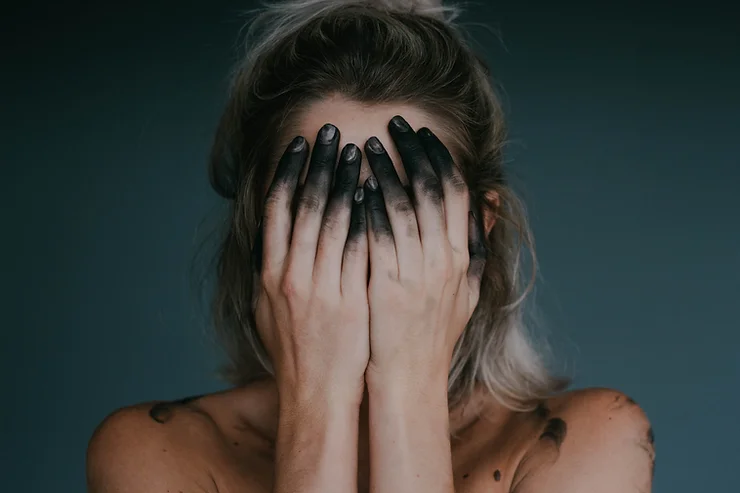The bad habit of biting your nails is more common than you think. It is known as onychophagia, and it not only accounts for anxiety or nervousness problems, but it is also unsightly and can lead to dangerous diseases.
If you want to improve your care and understand how to stop biting your nails , you have come to the right place. In this article we will tell you the infallible tricks to quit this habit and we will alert you to the consequences it can bring to your life.
Why do we bite our nails?
To understand how to avoid biting your nails , you need to know why we do it in the first place. Generally, the habit usually comes from childhood and disappears as we grow, but in many cases it can also be maintained during adult life.
It is an unconscious act that occurs in response to situations of stress or anxiety. However, it can also become a constant habit and even an obsessive-compulsive disorder; so if you feel the urge to put your fingers in your mouth, it is urgent that you know how to stop biting your nails .
How to stop biting your nails?
If the problem is very serious and is strongly associated with anxiety symptoms, it is best to consult a specialist in psychotherapy to help you control those emotions.
But in the meantime, you can always try some alternatives that will help you improve your nail care .
Keep nails short and filed
Keeping your nails short will make it less tempting to nibble on the tips. This will reduce the occasions when you put your fingers in your mouth, and additionally, it will keep your nails more well cared for.
Fortunately, there are many short nail designs that you can wear while kicking this habit. Remember to keep them hydrated and cared for so they don’t break.
Paint your nails with special polish
How many times have we heard about nail polish so as not to bite your nails ? This type of product has a flavor, usually garlic, which not only helps people stop biting their nails, but also promotes healthy and strong growth.
They are relatively easy to come by, and gradually the unpleasant taste will make you think twice before biting your nails, which will gradually make the bad habit disappear.
Fix your nails
Using false nails or gel nails, in addition to making your hands much more beautiful and aesthetic, decreases the urge to bite them. You don’t want to ruin the enamel. This will give your natural nails a chance to heal and grow healthier.
Look for distractions
If putting your fingers in your mouth is something you do when you’re anxious or nervous, one way to avoid it is to find something to replace that urge and distract you. Playing with a stress ball, chewing gum, or even choosing a healthy snack that tricks the brain can help a lot with this habit.
What are the consequences of biting your nails?
Onychophagia is not only a bad habit for aesthetic reasons, but also for the consequences of biting your nails . Below we will show you the negative effects of this bad practice:
injuries
Eating your nails generates lesions on the skin of the finger and the cuticles, which facilitates the entry of bacteria and fungi. Likewise, the teeth and temporomandibular muscles can also be damaged by the constant effort when chewing.
Learn everything about the care of your nails! The best professionals will teach you how to achieve dream hands and feet.
Deformations
Onychophagy also generates deformations in the nails, fingers and surrounding skin, which causes practical and also aesthetic limitations.
Increase in diseases
Biting your nails also increases the chances of developing gastrointestinal problems, such as gastroenteritis and gastritis, resulting from ingesting bacteria present on your fingers.
What diseases can appear on the nails?
As we said before, among the consequences of biting your nails is the risk of contracting diseases. These are some of the most common.
Paronychia
It is a type of infection in the fingers that causes swelling, redness and production of pus. It develops when bacteria enter cracks or tears in the skin.
Nail fungus
Lesions on the skin or nails are also prone to contracting fungus (onychomycosis), since they are much more exposed.


